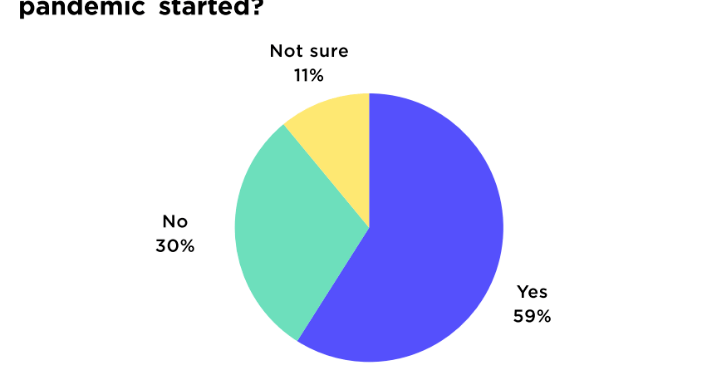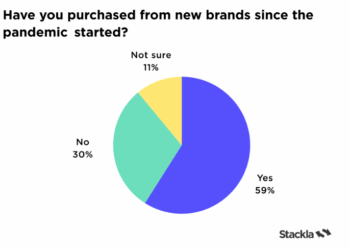Exploring the landscape of Ecommerce Trends in Post-Pandemic Consumer Behavior sheds light on the evolution of consumer habits in the wake of the pandemic. From a surge in online shopping to innovative trends shaping the ecommerce sector, this topic delves into the dynamic shifts in consumer behavior.
Delving deeper, we uncover the pivotal role of technology in reshaping consumer interactions with online platforms and how businesses are adapting to meet the ever-changing demands of customers post-pandemic.
Ecommerce Trends in Post-Pandemic Consumer Behavior
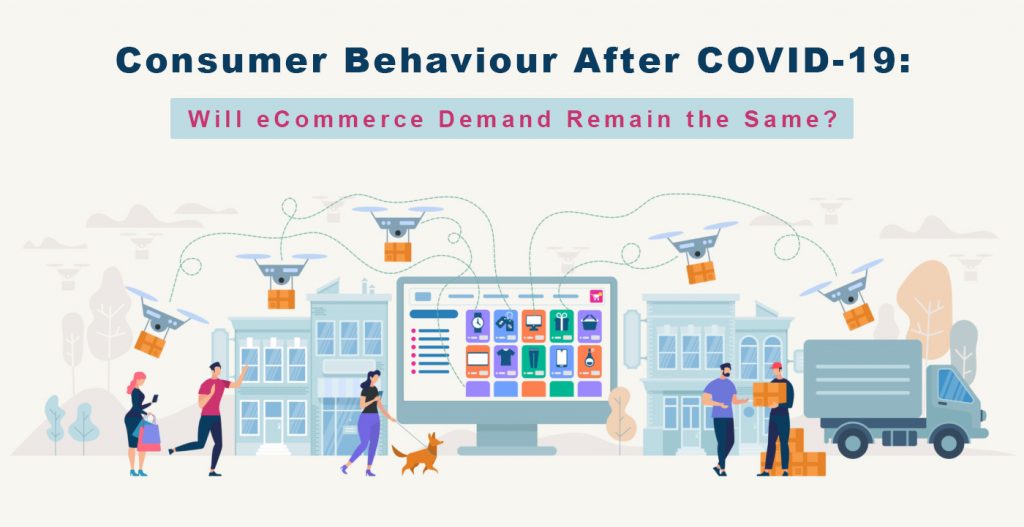
Consumer shopping habits have undergone significant changes in the post-pandemic era, with a noticeable shift towards online shopping. The impact of the pandemic has accelerated the adoption of ecommerce platforms as consumers prioritize convenience, safety, and accessibility. Let's explore some of the new trends in consumer behavior within the ecommerce sector.
Increased Preference for Online Shopping
- Many consumers have become more comfortable with making purchases online, even for items they traditionally bought in-store.
- The convenience of doorstep delivery and contactless transactions has contributed to the rise in online shopping.
- Online marketplaces and retailers have adapted by offering virtual try-on options, enhanced product visuals, and personalized recommendations to replicate the in-store shopping experience.
Rise of Social Commerce
- Social media platforms have become influential in driving ecommerce sales, with features like shoppable posts and live shopping experiences gaining popularity.
- Consumers are increasingly turning to social media for product discovery, reviews, and recommendations from influencers and peers.
- Brands are leveraging social commerce trends to engage with customers directly, create interactive shopping experiences, and build brand loyalty.
Focus on Sustainability and Ethical Shopping
- Consumers are placing greater emphasis on sustainability, ethical sourcing, and corporate responsibility when making purchasing decisions.
- Ecommerce platforms are responding by highlighting eco-friendly products, promoting transparency in supply chains, and implementing green initiatives to appeal to conscious consumers.
- There is a growing demand for second-hand, upcycled, and environmentally-friendly products in the ecommerce market.
Technology Adoption in Ecommerce
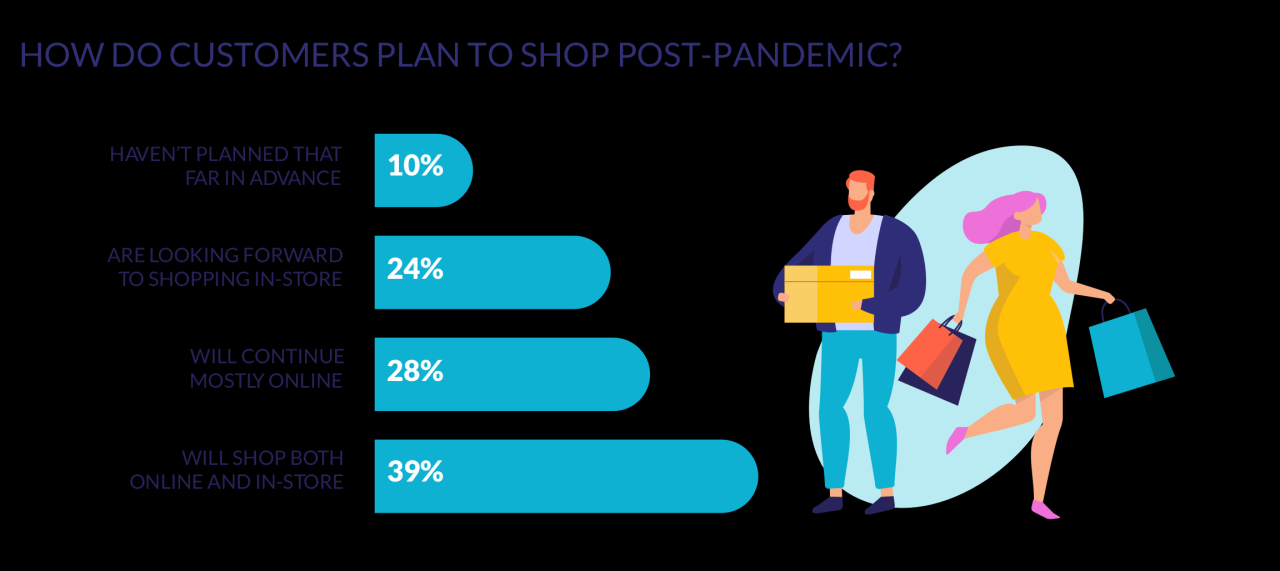
The role of technology in shaping post-pandemic consumer behavior has been more crucial than ever. With the shift towards online shopping and digital transactions, businesses are increasingly relying on technology to engage with customers and provide seamless shopping experiences.
AI in Ecommerce
Artificial Intelligence (AI) is revolutionizing the ecommerce industry by personalizing the shopping experience for consumers. AI-powered chatbots and virtual assistants help businesses provide real-time customer support, recommend products based on customer preferences, and streamline the overall shopping process.
AR and VR in Ecommerce
Augmented Reality (AR) and Virtual Reality (VR) technologies are transforming the way consumers shop online by offering immersive and interactive experiences. AR allows customers to visualize products in their own space before making a purchase, while VR creates virtual shopping environments that simulate the in-store experience.
Businesses Leveraging Technology
Businesses are leveraging technology to meet changing consumer demands by optimizing their online platforms, implementing data analytics to understand consumer behavior, and utilizing automation tools to enhance operational efficiency. By embracing technology, businesses can stay competitive in the ever-evolving ecommerce landscape.
Personalization and Customer Experience
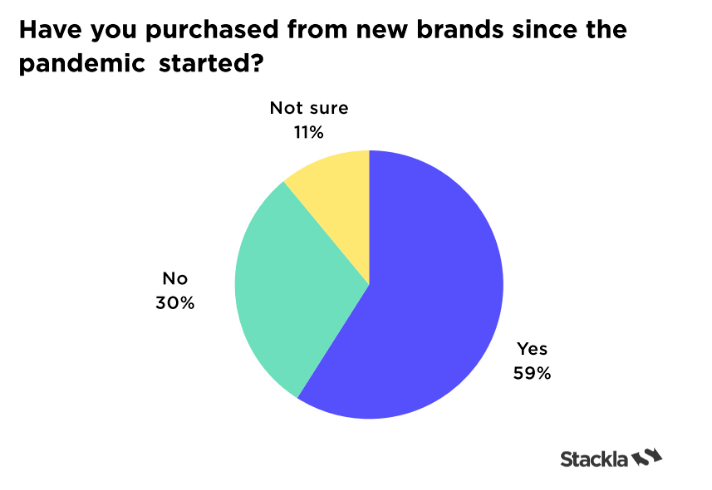
In the current ecommerce landscape, personalized shopping experiences play a crucial role in enhancing customer satisfaction and loyalty
Importance of Personalization in Ecommerce
Personalization in ecommerce is vital as it helps businesses to build stronger relationships with customers by providing relevant product recommendations, targeted promotions, and customized content. By understanding the preferences and behaviors of customers, businesses can create a more personalized shopping experience that leads to increased customer satisfaction and loyalty.
Strategies for Improving Customer Experience
- Utilizing data analytics: Businesses are leveraging data analytics tools to gather insights into customer behavior and preferences, enabling them to create targeted marketing campaigns and personalized recommendations.
- Implementing AI-driven technologies: Artificial intelligence is being used to analyze customer data in real-time, allowing businesses to offer personalized product suggestions and tailored shopping experiences.
- Enhancing omnichannel presence: By integrating online and offline channels, businesses can provide a seamless shopping experience for customers, allowing them to interact with the brand across various touchpoints.
Examples of Successful Personalization Tactics
Amazon's recommendation engine is a prime example of successful personalization in ecommerce. By analyzing customer behavior and purchase history, Amazon provides personalized product recommendations that are tailored to each individual user, resulting in higher conversion rates and customer satisfaction.
Netflix's personalized content recommendations based on viewing history and preferences have significantly contributed to its success in retaining subscribers. By offering a curated selection of content, Netflix enhances the overall customer experience and keeps users engaged on the platform.
Sustainability and Ethical Consumerism
In the post-pandemic era, sustainability and ethical consumerism have emerged as significant trends in the ecommerce landscape. Businesses and consumers alike are increasingly prioritizing ethical considerations and sustainable practices in their online transactions.
Growing Trend of Sustainability in Ecommerce
Businesses are realizing the importance of incorporating sustainable practices into their operations to reduce their environmental impact. This includes initiatives such as using eco-friendly packaging, reducing carbon emissions in delivery processes, and sourcing products from ethical suppliers.
Ethical Consumerism in Online Purchases
- Consumers are actively seeking out brands that align with their values and ethics. They are opting for products that are cruelty-free, sustainably sourced, and produced in fair working conditions.
- Transparency is key for consumers, as they demand clear information about the supply chain, production processes, and overall impact of the products they purchase.
- Some shoppers are willing to pay a premium for ethically produced goods, demonstrating a shift towards conscious consumerism in the ecommerce space.
Ultimate Conclusion
In conclusion, the discussion on Ecommerce Trends in Post-Pandemic Consumer Behavior highlights the vital aspects of personalized shopping experiences, sustainability, and ethical consumerism. As businesses navigate this new landscape, understanding these trends is crucial to staying relevant and meeting the evolving needs of consumers.
Common Queries
How have consumer shopping habits changed post-pandemic?
Consumer shopping habits have shifted towards increased online shopping, with a focus on convenience and safety.
What are some examples of new trends in consumer behavior in the ecommerce sector?
Examples include a rise in mobile shopping, demand for faster delivery options, and increased preference for sustainable products.
Why is personalization important in the current ecommerce landscape?
Personalization enhances customer experience, fosters brand loyalty, and increases conversion rates.
How are businesses incorporating sustainability into their ecommerce operations?
Businesses are adopting eco-friendly practices, offering sustainable products, and reducing their carbon footprint.
How are consumers prioritizing ethical considerations in online purchases?
Consumers are choosing brands that align with their values, support social causes, and promote ethical production methods.

